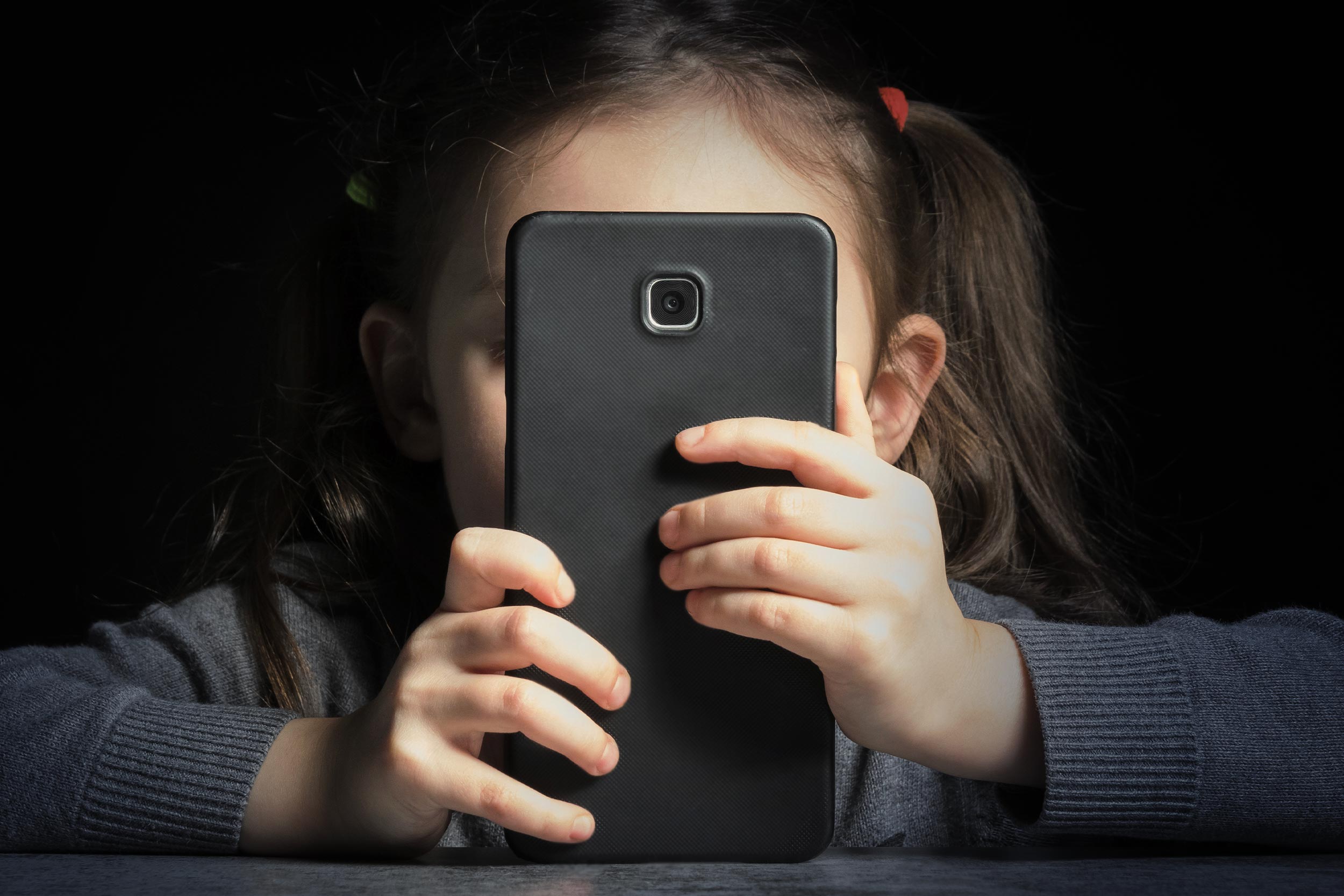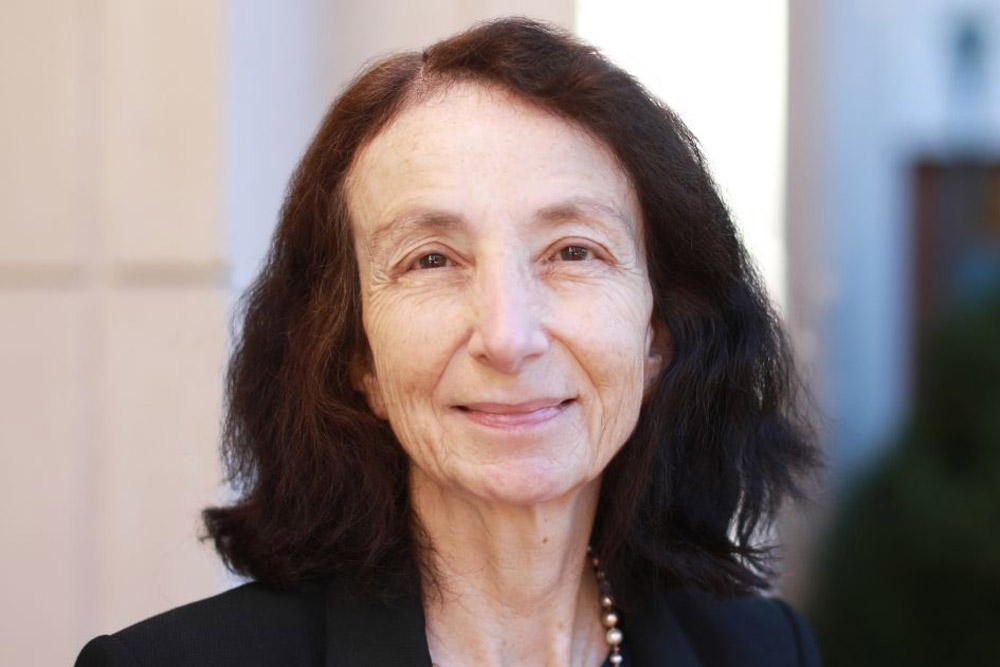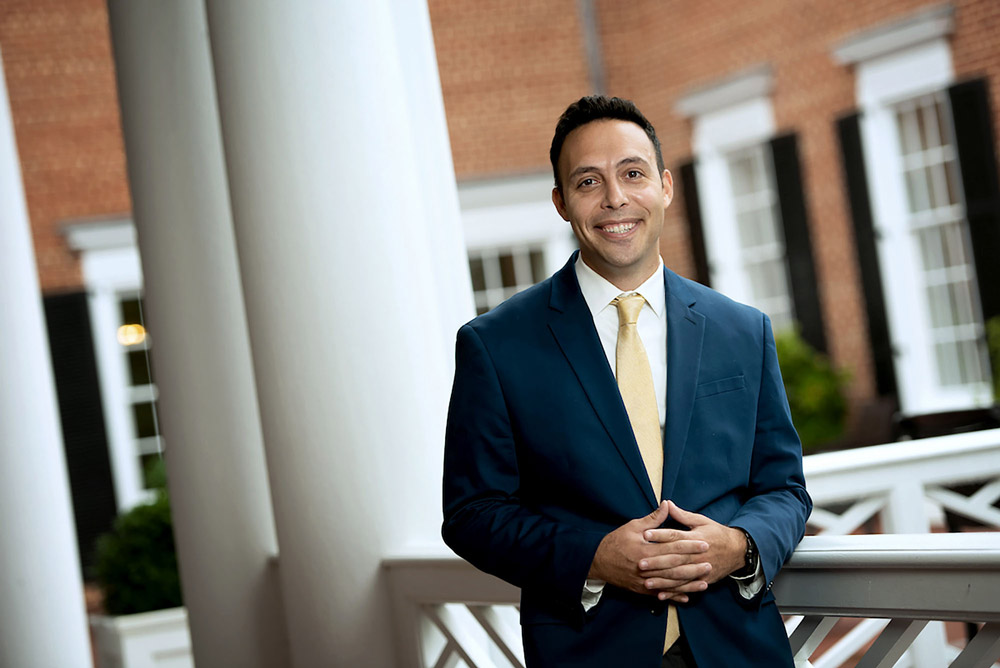Illinois Gov. J.B. Pritzker signed the new measure last August after both houses of the state’s legislature passed it, including a full sweep in the Senate.
“It’s currently the first such law,” Cahn said. “Other states have considered such legislation, including California and Washington state.”
Breaking the Rules
Most social media platforms require users to be at least 13, but some parents take matters into their own hands to circumvent the rule.
A case in point involved the parents of Ryan Kaji, a YouTube megastar with nearly 37 million subscribers. He was 6 when his parents created a channel, “Ryan’s World.” Now 12, his toy-testing videos are a massive hit. Vanguard news ranks him the No. 4 richest YouTuber, with an estimated net worth of $100 million.
“Kidfluencers” videos can be big business.
Anthony Palomba, an expert in media and entertainment in the Darden School of Business, explains.
“You’ve had a generation of millennial and maybe Gen X parents getting used to filming their children and monetizing it. And frankly, why wouldn’t you? It’s super easy to do,” he said. “There’s basically no overhead and the risk is minimal. If nobody likes seeing your baby spill spaghetti on her head and you using Clorox wipes to clean up the child, that’s fine. It didn't work.”
Traditional advertising and production are erased in the new equation. Enter mom, dad or some other adult.
Cahn points out there is no government enforcement of the new Illinois law and has written about the need to strengthen child labor laws more generally.
“That being said, it clearly sends a message that you should not be exploiting children in this way,” she said. “And it brings a lot more attention to this issue. It’s an amazing example of civics in action. It was a high school student who said, ‘This is something that needs to be regulated.’”
Is the law overdue? “Definitely,” Cahn said. And more protections are needed.
“For example, consider privacy issues,” she said. “Future legislation might permit a child to have content, earlier videos or earlier social media, removed from platforms. Once this is out there on social media, anybody can see it essentially forever.”


.jpg)









